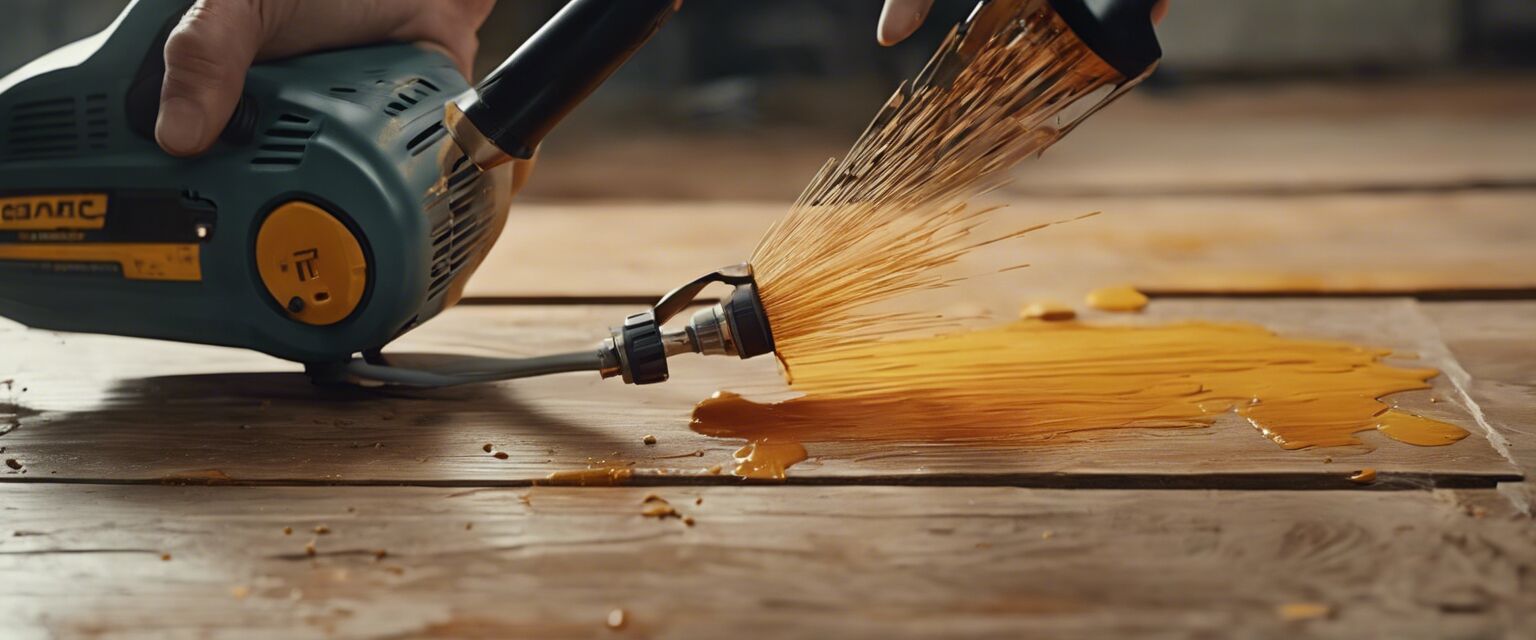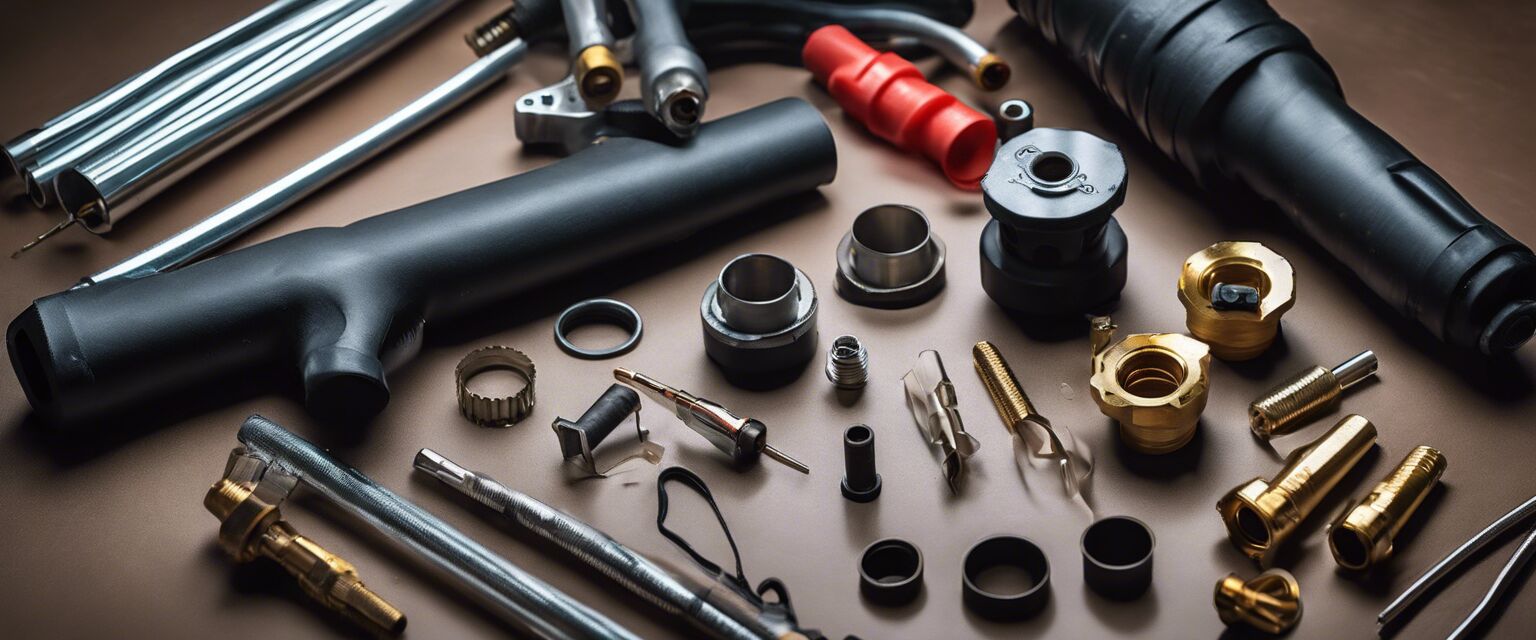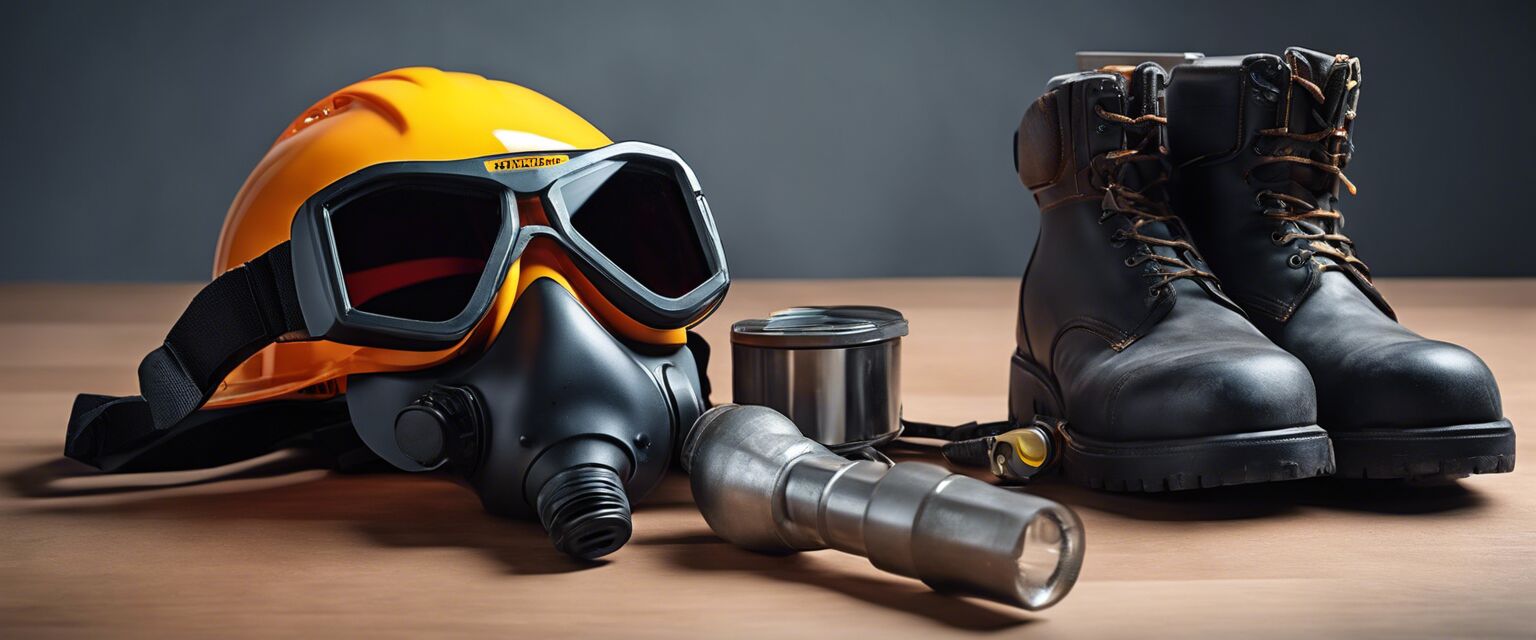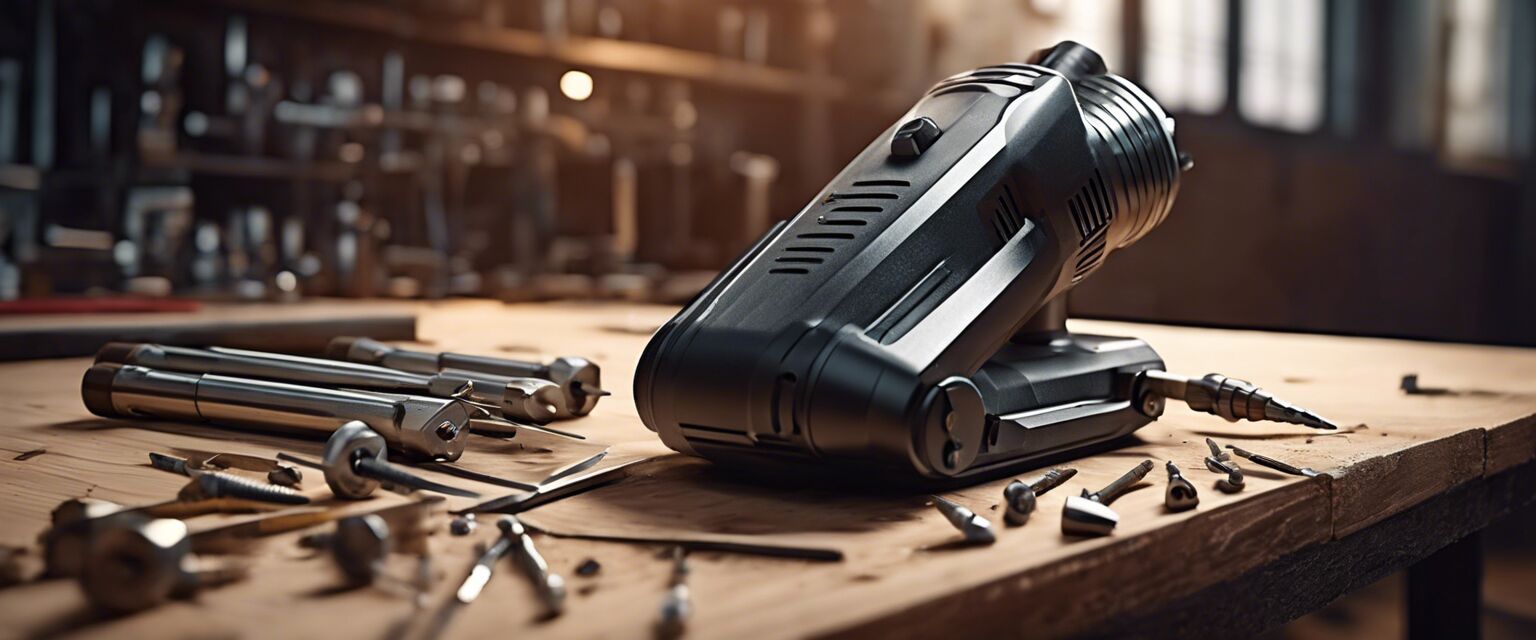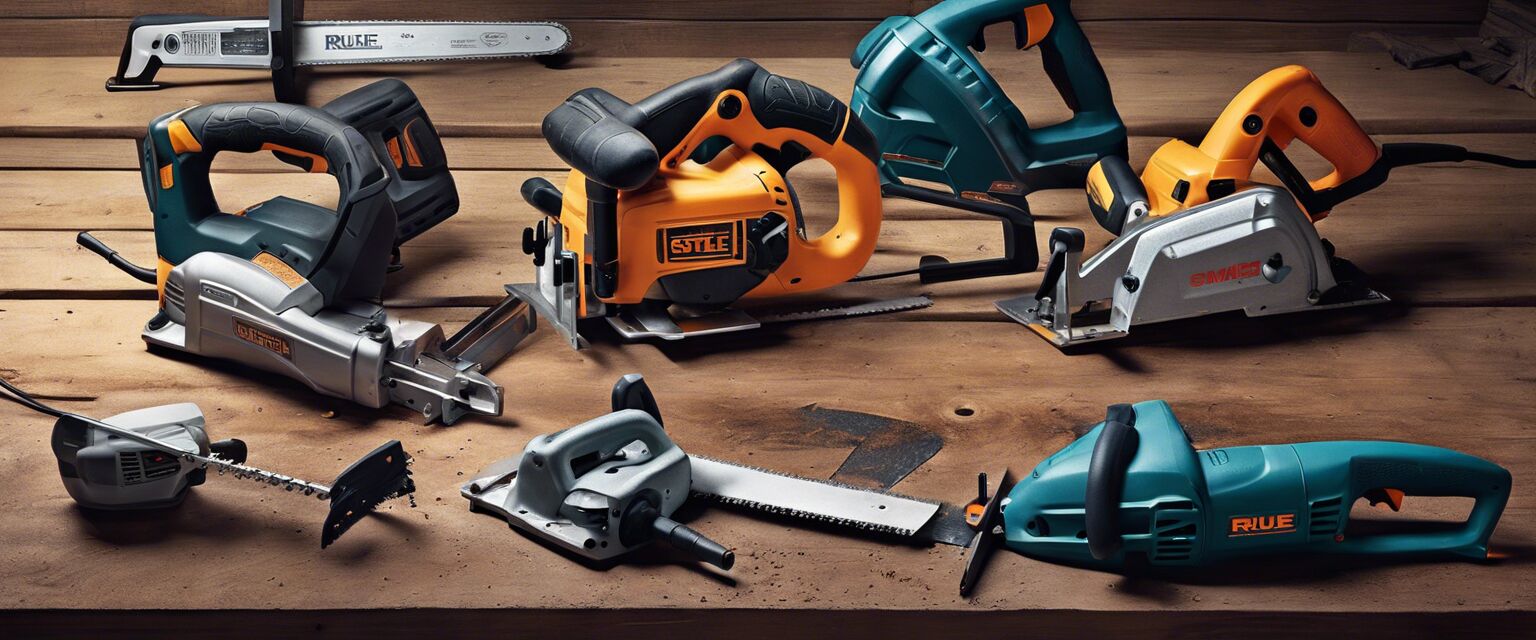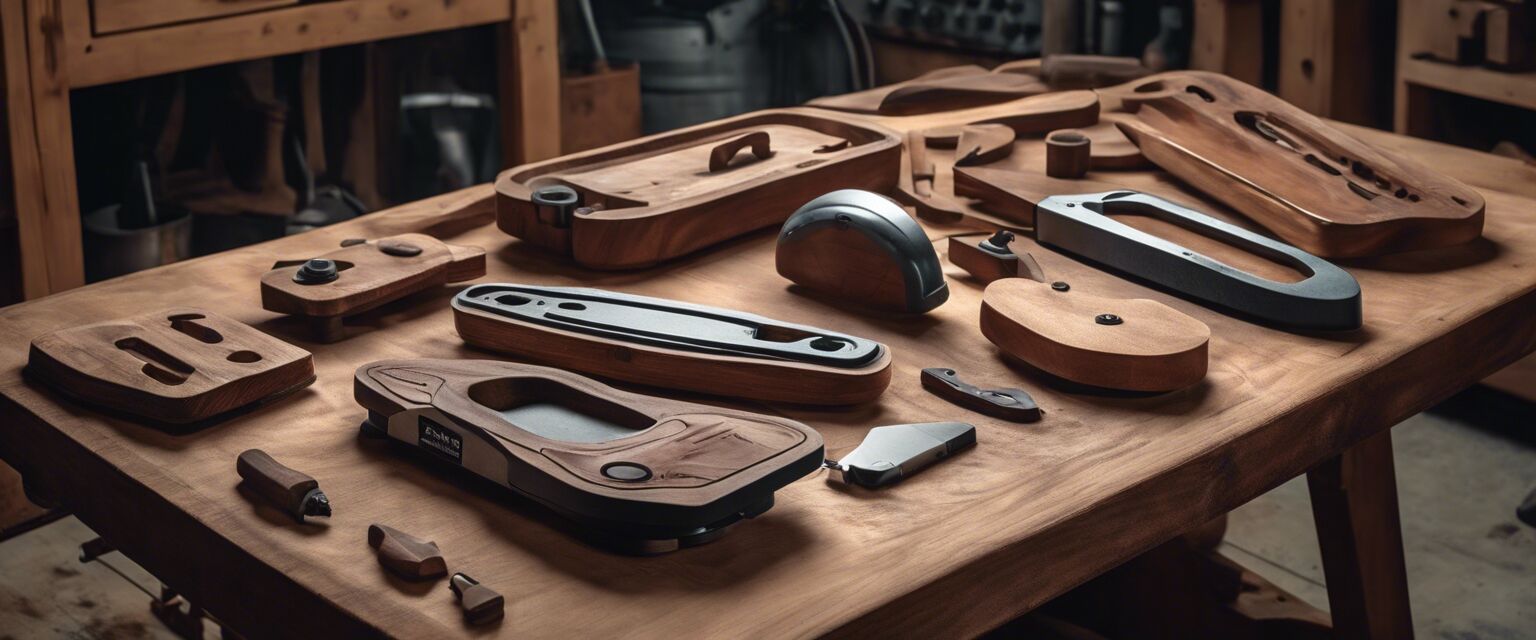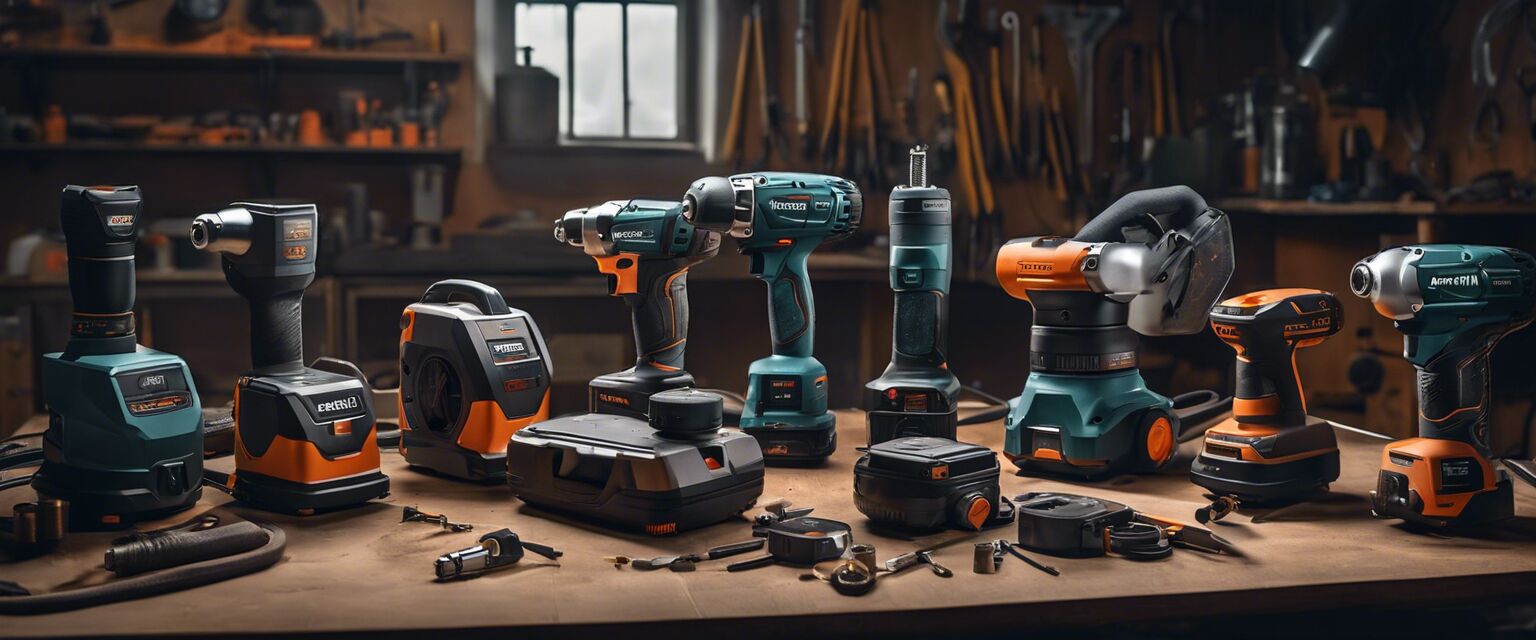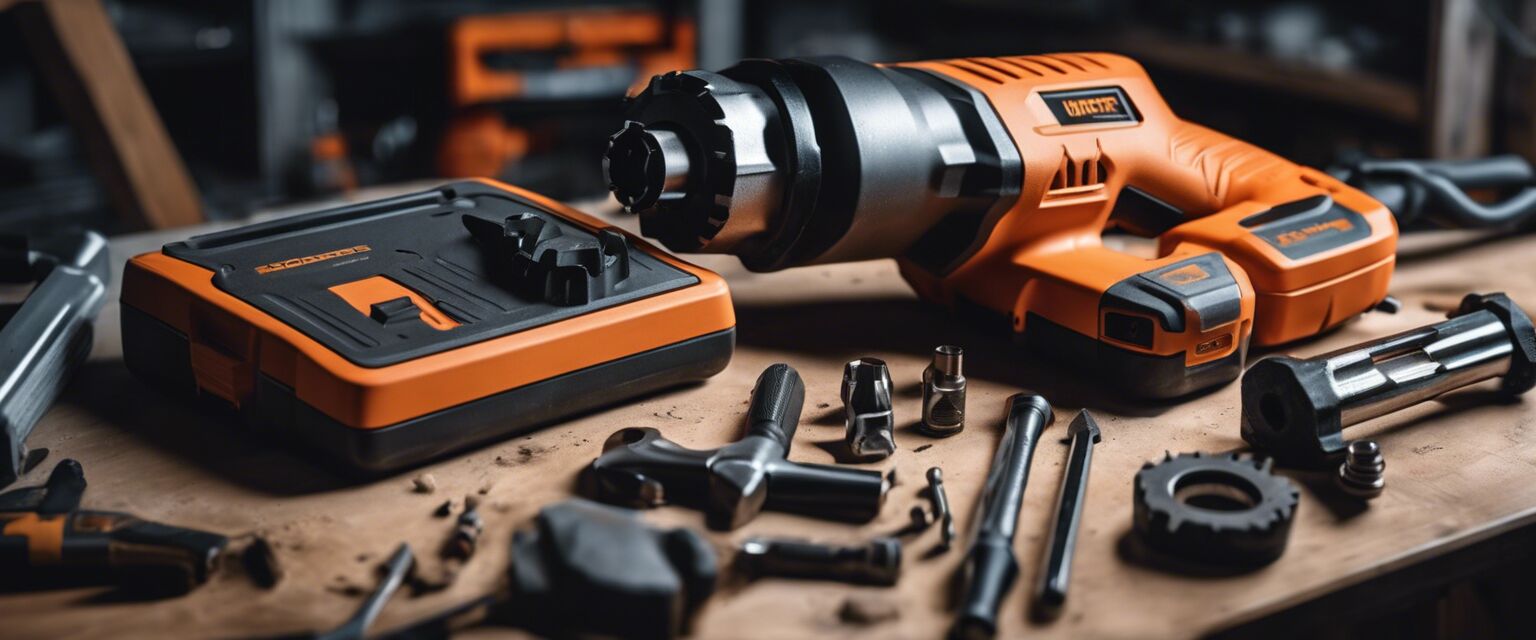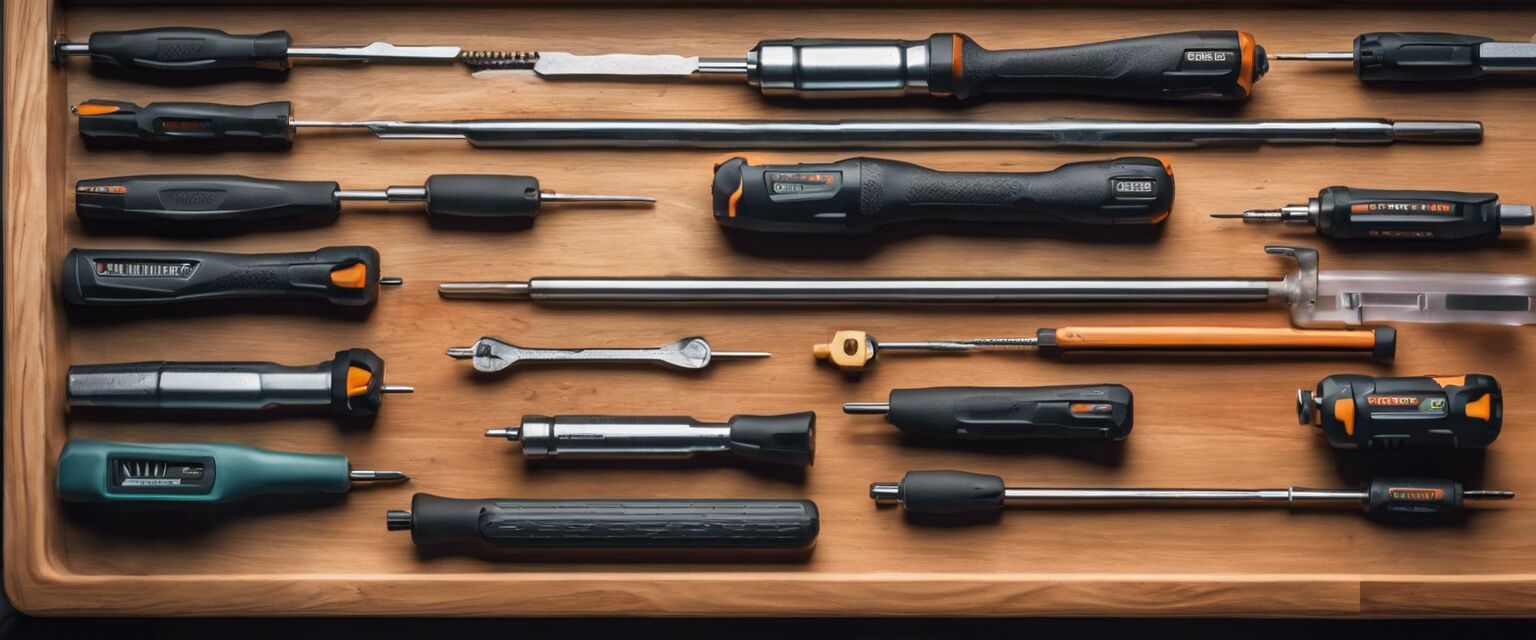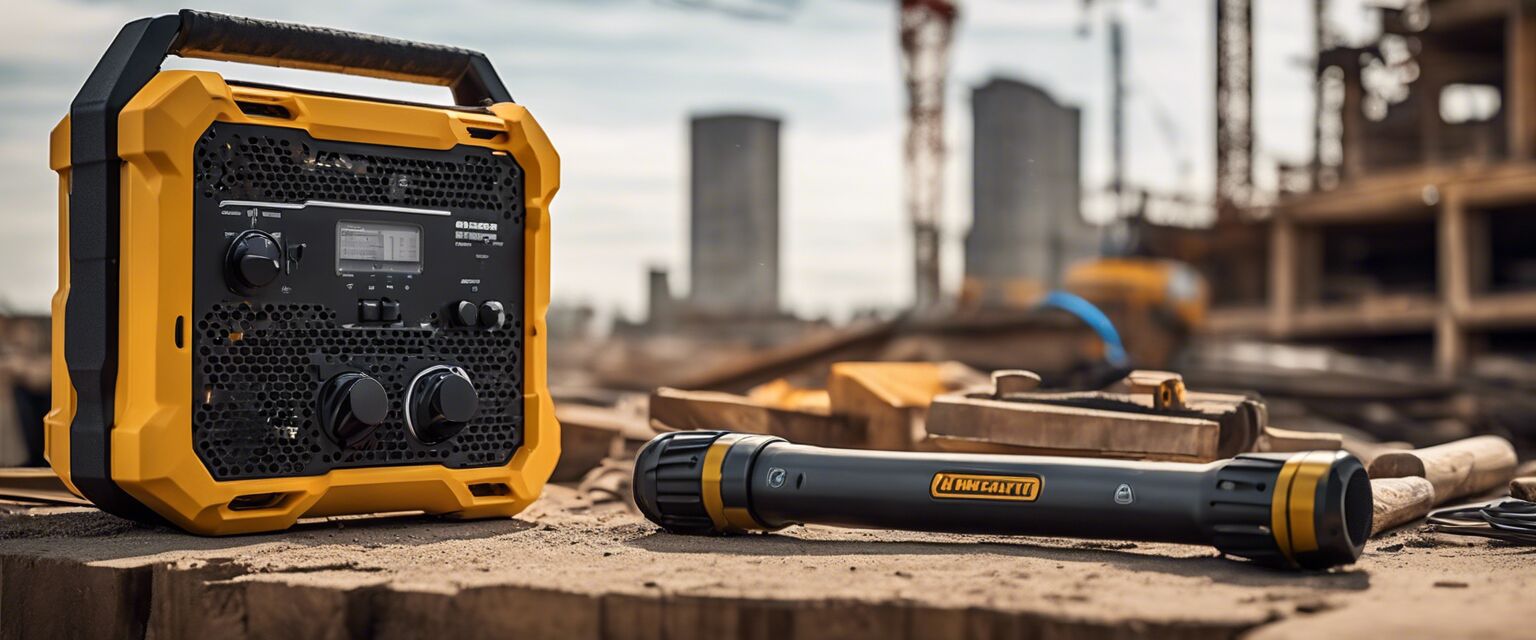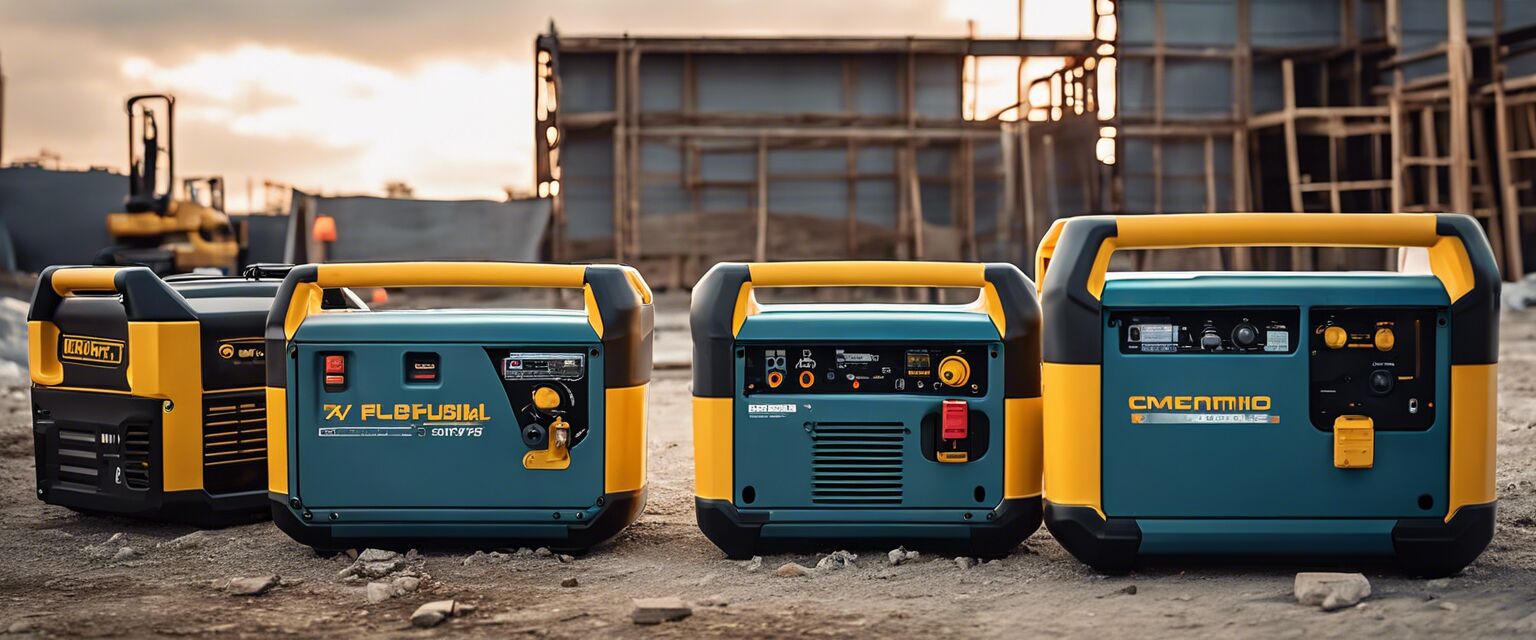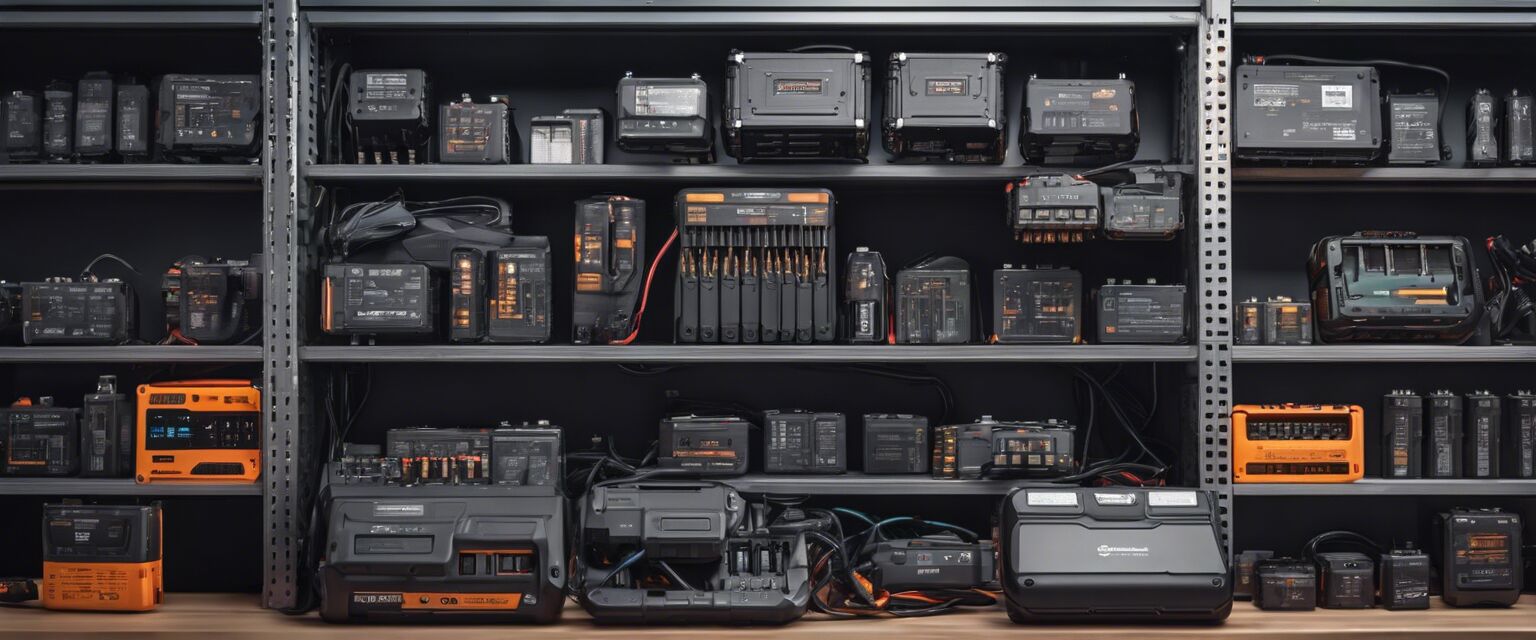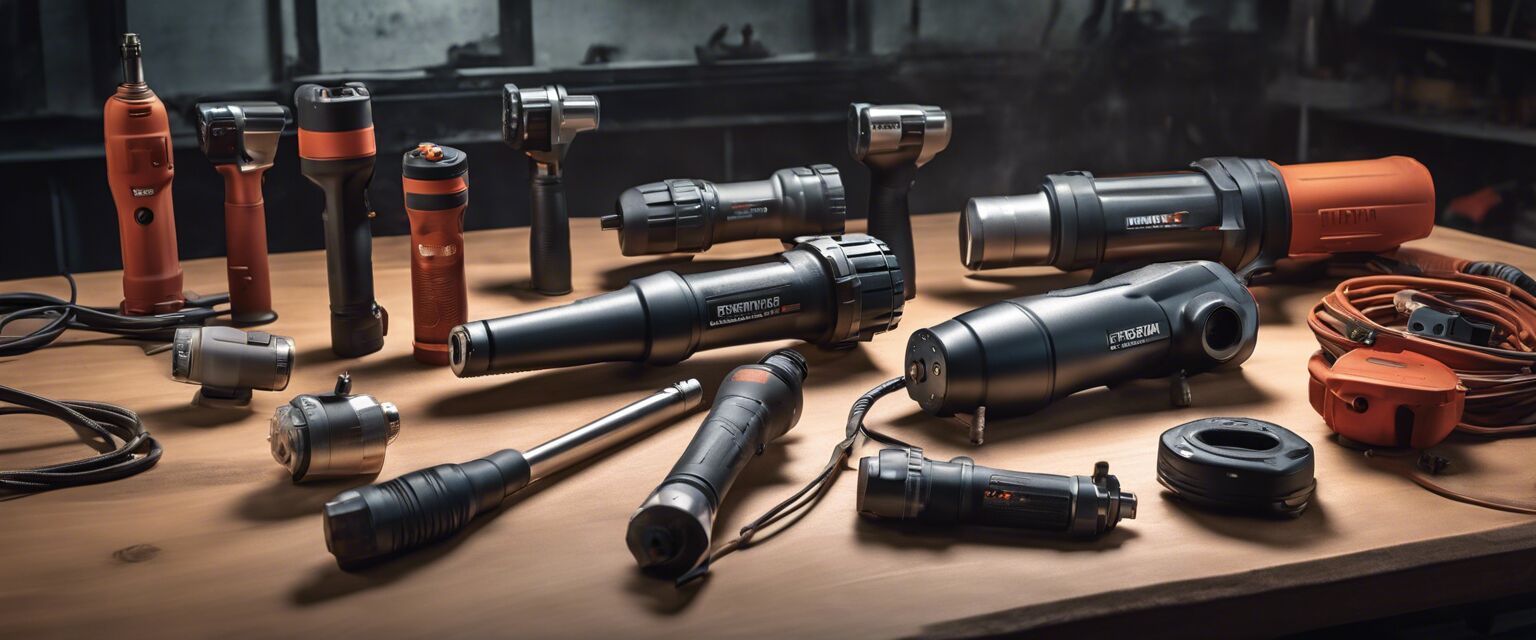
Portable Heat Guns
Key Takeaways
- Portable heat guns are versatile tools used in various applications.
- They come in different wattages and temperature settings for specific tasks.
- Safety features are essential for preventing accidents during use.
- Choosing the right heat gun can significantly impact the effectiveness of your project.
- Regular maintenance ensures longevity and optimal performance.
Portable heat guns are indispensable tools for anyone involved in DIY projects or professional contracting work. These compact devices are capable of generating high temperatures to assist in a variety of applications, from stripping paint to thawing frozen pipes. In this article, we will delve into the different types of heat guns available, their features, and how to choose the right one for your needs.
What is a portable heat gun?
A portable heat gun is a handheld device that emits hot air at varying temperatures. They are often used in applications such as:
- Removing paint and adhesives
- Heating shrink tubing
- Thawing frozen pipes
- Drying out damp wood
- Craft and hobby projects
Types of portable heat guns
There are several types of heat guns available, each suited for specific tasks. Below is a table comparing the main types:
| Type | Wattage | Temperature Range | Best For |
|---|---|---|---|
| Standard Heat Gun | 1200-1800W | 250°F - 1300°F | General use, paint stripping |
| Low-Temperature Heat Gun | 500-800W | 120°F - 500°F | Craft projects, delicate materials |
| High-Temperature Heat Gun | 2000W+ | 1300°F - 2000°F | Heavy-duty tasks, welding |
Features to consider
When choosing a heat gun, consider the following features:
- Temperature Control: Adjustable settings allow for precise temperature management.
- Wattage: Higher wattage typically means faster heating, but choose according to your needs.
- Safety Features: Look for auto shut-off and cool-down modes to enhance safety.
- Weight and Ergonomics: A lightweight design helps reduce fatigue during extended use.
- Accessories: Some models come with nozzles and attachments for different applications.
How to use a portable heat gun safely
Safety is paramount when using heat guns. Follow these guidelines to ensure safe operation:
- Always wear protective gear, including gloves and goggles.
- Keep flammable materials away from the work area.
- Never point the heat gun at yourself or others.
- Allow the tool to cool before storage.
- Read the manufacturer's instructions thoroughly.
Maintenance tips for longevity
Taking care of your heat gun will extend its lifespan. Here are some tips:
- Regularly clean the nozzle to prevent clogs.
- Inspect the cord for any signs of wear or damage.
- Store the heat gun in a cool, dry place after use.
- Check for any loose parts or screws periodically.
- Follow the manufacturer's maintenance guidelines.
Comparison of popular portable heat guns
Below is a comparison table of some popular portable heat guns available on the market:
| Brand | Model | Wattage | Temperature Range | Price |
|---|---|---|---|---|
| Brand A | Model 1 | 1500W | 200°F - 1200°F | $49.99 |
| Brand B | Model 2 | 1800W | 300°F - 1300°F | $59.99 |
| Brand C | Model 3 | 2000W | 500°F - 2000°F | $89.99 |
Common applications of heat guns
Heat guns are used in many scenarios. Here are some common applications:
- Paint Stripping: Easily remove old paint from surfaces.
- Plastic Welding: Join plastic components together.
- Heat Shrinking: Secure heat shrink tubing over wires.
- Thawing Pipes: Quickly thaw frozen pipes in winter.
- Crafting: Perfect for hobbyists working with various materials.
Conclusion
In conclusion, portable heat guns are versatile and essential tools for both DIY enthusiasts and professionals. Understanding their features, types, and safe usage can greatly enhance your projects. Always choose the right heat gun according to your requirements and maintain it properly for the best results.
Pros
- Versatile for various applications
- Easy to use and portable
- Different models available for specific tasks
- Cost-effective for DIY projects
Cons
- Can cause burns if not handled properly
- Not suitable for all materials
- Heat guns can be noisy during operation
Further reading
If you're interested in exploring more about portable power tools, check out our other categories:
Image Gallery
Below are some relevant images of heat guns in action:
